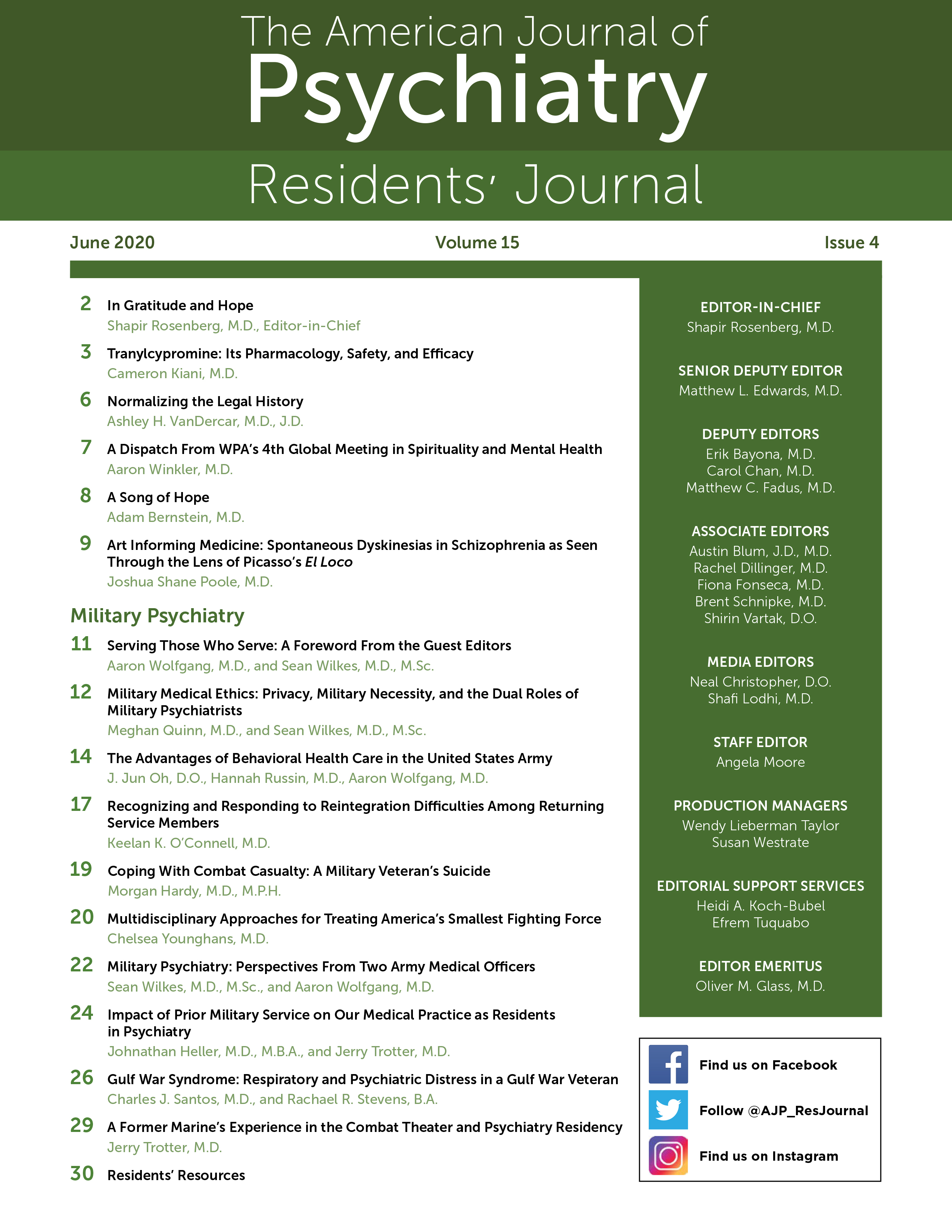Normalizing the Legal History
When I started my intern year, I made an interview template. Under social history, I put a reminder to get a "legal history." I'd ask, "Have you ever been arrested?" Invariably, patients would say no. I'd move on with my interview. Only one or two ever answered yes.
Last year, I realized I was being naïve. Patients were saying no even if they had a legal history. I wasn't normalizing it. When I ask about alcohol usage, I don't ask "Do you drink?" I ask "How many drinks do you have a day?" I decided to change my approach. What a difference it has made.
After I ask my other social history questions, I say, "Tell me about the first time you were arrested." Rarely do patients say that they've never been arrested. I get quite specific. I ask how old they were when they were first arrested, what they were accused of, and how long they were in jail or prison. Then I say, "What happened after that? How long were you out for?" I trace each arrest, jail stay, prison sentence, and probation period. I find their triggers for arrest and look at the relationship between their mental health, substance use, social factors, and arrests.
I ask whether they spent time in a forensic hospital and why (e.g., an acute psychiatric issue, competency evaluation, competency restoration). I ask which prisons they were in and whether they were in general population or a "special" unit. I ask about psychiatric symptoms during incarceration, whether they received psychiatric treatment, which medications they were on, and how they responded. Although prisoners are sometimes able to obtain drugs or alcohol, typically incarceration provides a window into psychiatric symptoms during prolonged sobriety.
I finish by asking their current legal status, and whether they are court supervised, e.g., probation, parole, or a registry (such as the sexual offender registry). This process takes only 5–10 minutes.
A patient's pathway through the criminal justice system not only provides tremendous insight into his or her life and psychiatric pathology but can also shape treatment planning. Recently, I was preparing to discharge a patient from an emergency room and learned that the patient had just been released from jail after being found incompetent to stand trial. The patient had been accused of a violent crime but was declared incapable of understanding the criminal justice process due to a psychiatric condition. This entirely changed my risk assessment. In order to be found incompetent to stand trial, a patient's mental illness needs to be fairly severe. That severity and the patient's criminal history increased my assessment of the patient's violence risk. I kept the patient in the emergency room for observation.
Legal history can also be helpful in the outpatient setting. Last year, a new patient came to our community clinic on a low dose of clozapine. I couldn't get collateral information. I had no idea why he was on clozapine and wasn't sure what to do. He didn't seem that ill. Forty-five minutes in, I asked about his legal history and learned that he had just been released from a 20-year incarceration. This changed my perception of the case. Prison is very structured. The real world is not. His stability quickly disappeared. A few months later he was hospitalized for catatonia. I then realized how meaningful his legal history had been, providing clues to the severity of his illness and his need for additional support.
The importance of getting a thorough legal history is underappreciated, as is the importance of gathering that history in a nonjudgmental, nonthreatening manner. People with mental illness are disproportionately represented in the criminal justice system. Just being arrested or incarcerated does not mean that someone committed a crime. People with serious mental illness struggle to participate in their defense. Normalizing the legal history allows us to gather information more effectively and thus to better help our patients—no matter their guilt or innocence.



